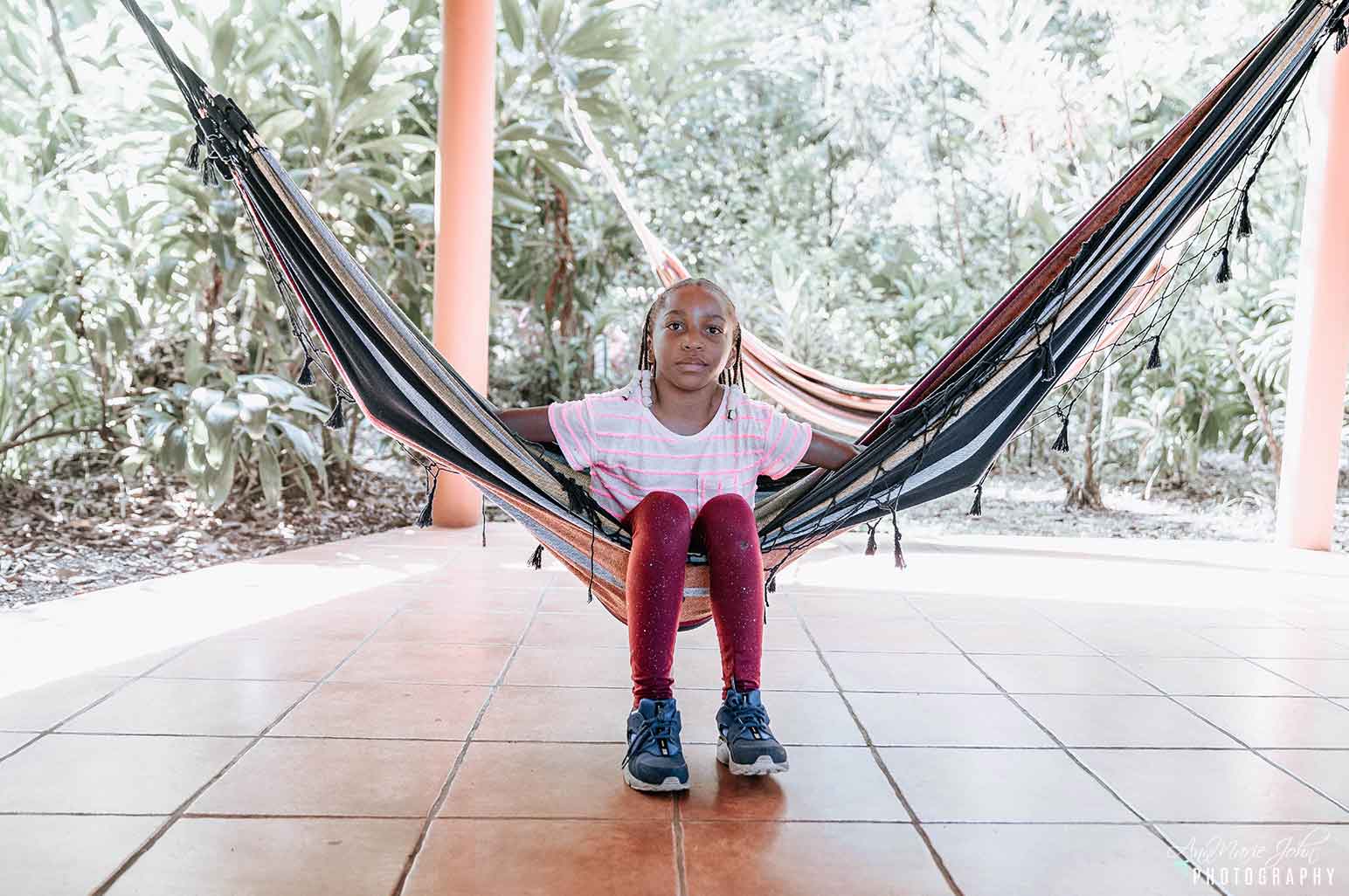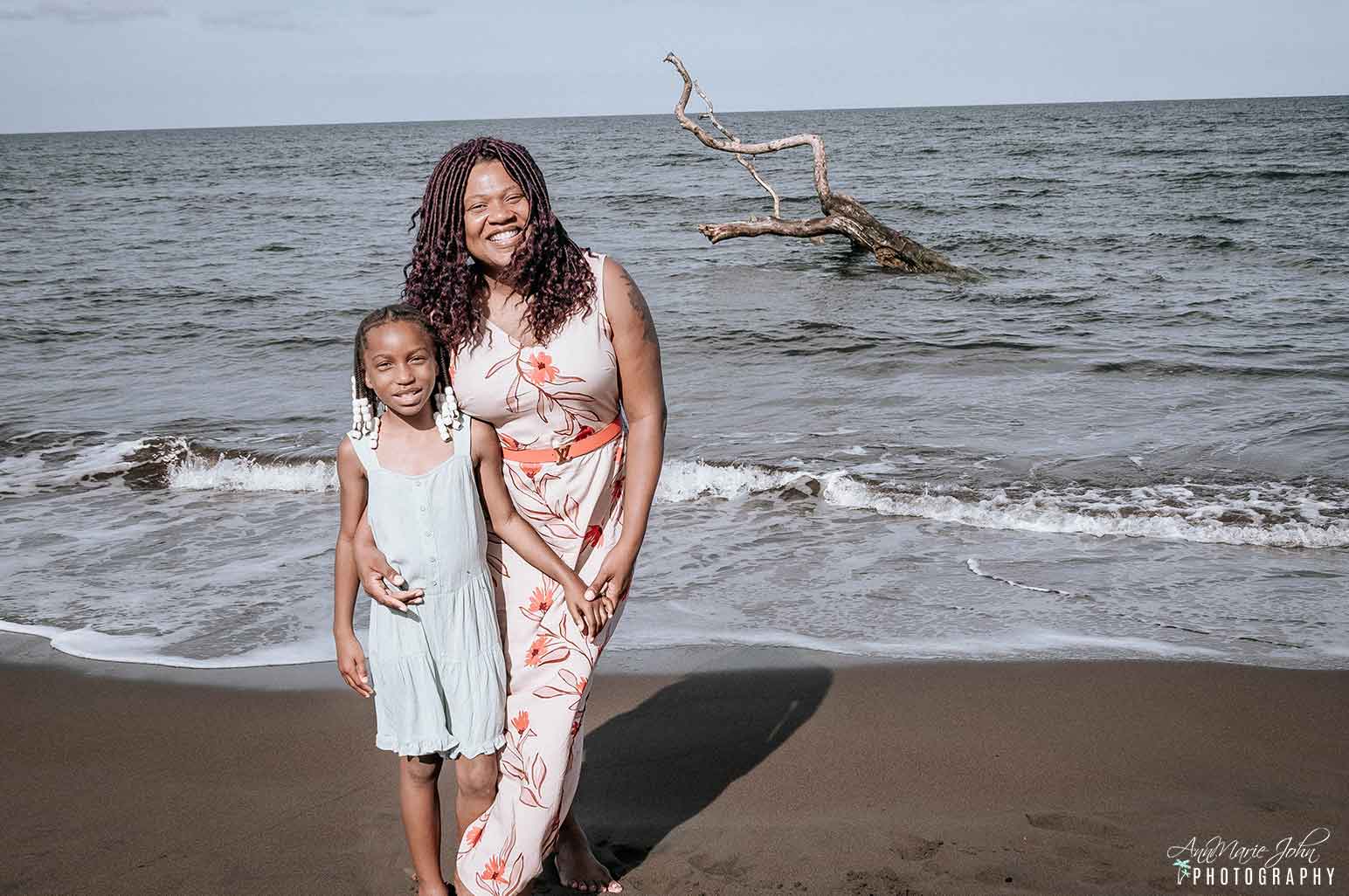If you’ve been a regular reader of my blog, you may remember my post on understanding ACEs and how you can help. You may also have read how you can help your kids through this tough time. Each post gives you an understanding of ACEs (Adverse Childhood Experiences).

As parents, or maybe I should say, as humans, we all have a responsibility and ability to make a difference when it comes to ACEs. When I was younger, I was bullied, which took a hit on my self-esteem. We remember the people who had our backs. My homeroom teacher at the time, “Mr. Phillips,” was always there for me. He would help me with my math when I was having a tough time with a particular problem, and he always encouraged me to do my best. He would stand up for me, and I knew that I was safe at school from then on. School became a joy instead of a dread.
My parents did the best that they could for me, and I credit both my parents for my well-grounded upbringing. My mom would travel extensively with me, while my dad, who hated flying, would do all that he could while I was there at home. We would play games together, my mom would help with homework, and we always ate together as a family. My home was my safe place, and I knew that nothing would affect me there.
I also had terrific friends growing up who were always there for me. We’ve remained great friends even as adults. Even though I now know that some of the things I considered normal are ACEs, such as the alcoholism and substance abuse (and what usually happened after particular family members binged on these things), having those people in my life—a fantastic teacher, my parents, and great friends—created positive childhood experiences for me as a child.

If you’d prefer not to read my previous posts, let me give a brief explanation of ACEs. Adverse Childhood Experiences (ACEs) are traumatic negative experiences that may have occurred during childhood and are generally categorized into three groups: abuse, neglect, and household challenges. The more ACEs a child has during his/her childhood, the more at risk they are for disruptions to their development, which can lead to poor health outcomes (physically, mentally, and emotionally), which can negatively impact their life expectancy.
To help prevent ACESs, this is where the power of three comes in: finding our three (#findyour3) or becoming someone’s three. Finding your three means finding three resources that you can rely on or count on to create those safe, stable, and nurturing relationships and environments that can help our children and others—and we can also be someone else’s three. It doesn’t take much to become someone’s three. It’s as simple as just being there as a listening ear. However, we need to take care of ourselves before we can take care of others. So it’s essential that we find our three. It can be relatives, friends, or a therapist we can call on for support.
Here are just a few things that you can do for and with your school-aged kids and teens.

Knowing and finding your three is very important, and remember, ACEs can be prevented!
